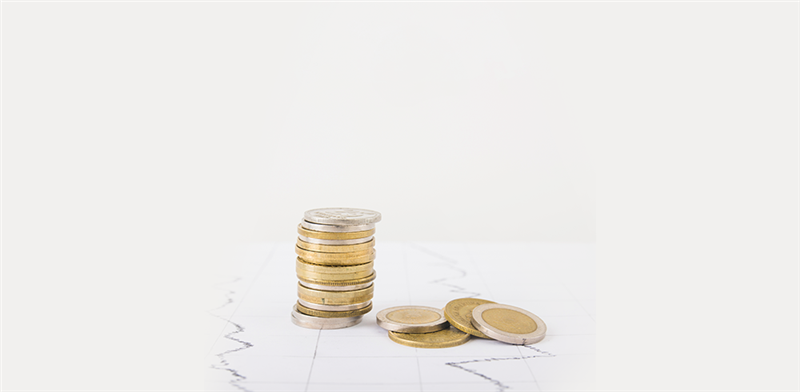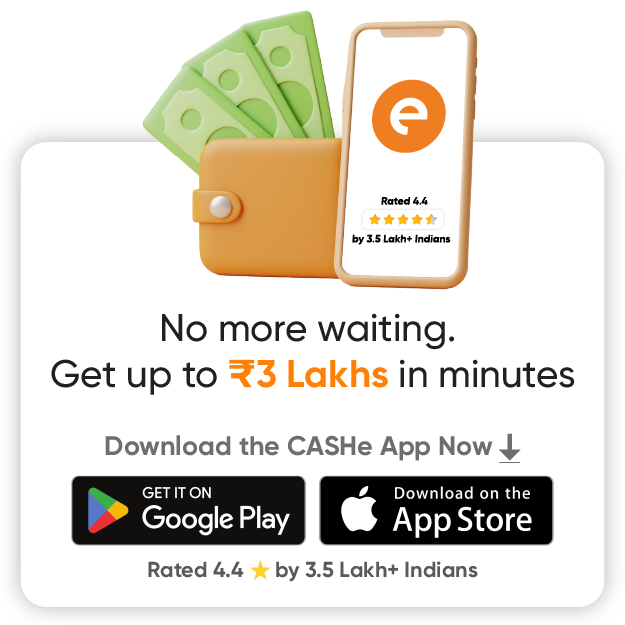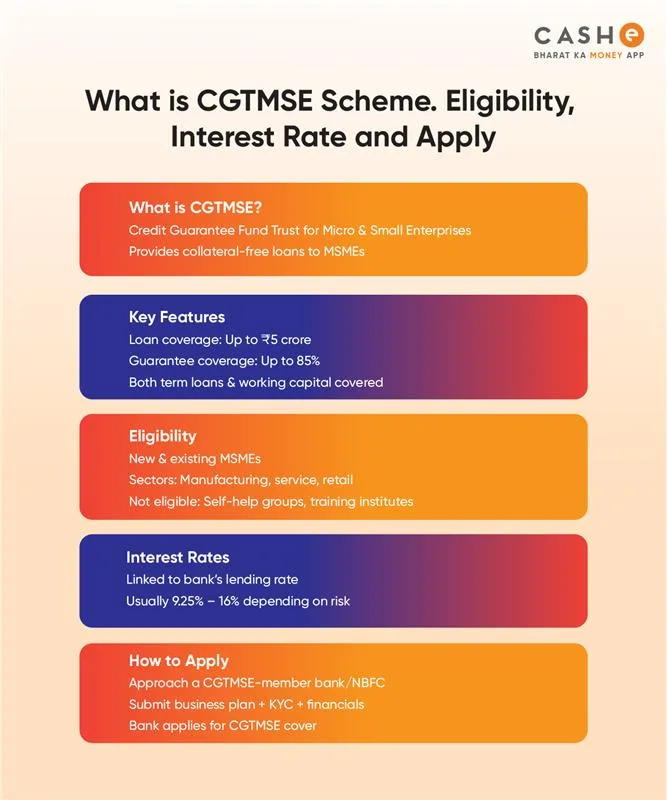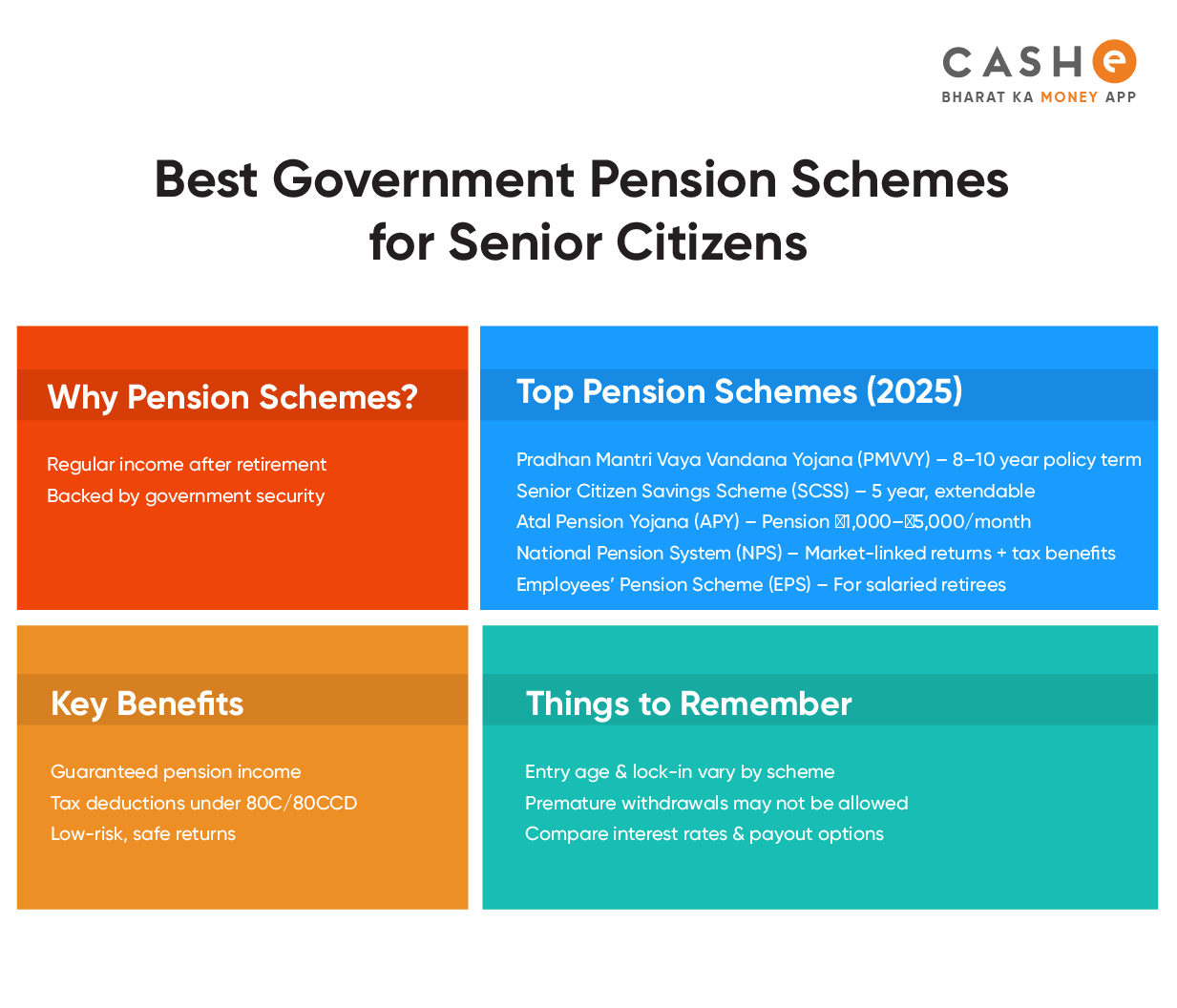Inflation and interest rates are two key concepts when we talk about the country’s economy. While inflation is an increase in prices of things, interest rates decide how much we pay when we take out a loan or how much we earn when we save money in our bank accounts.
These two factors are closely connected. When inflation goes up, interest rates usually go up too. When inflation is low, interest rates may come down. Let’s understand all this in detail in the following read.
Here, we will talk about how inflation affects interest rates, the latest interest rates and more.
What is Inflation?
Inflation is the rise in the prices of everyday items like food, petrol and medicines. For example, if a packet of chips cost ₹10 last year and now it costs ₹15, it is due to inflation.
A little bit of inflation is normal. However, if prices rise too fast, it becomes difficult for people to manage their daily expenses. This is why inflation needs to be kept under control.
What are Interest Rates?
Interest rate is the money you pay when you take a loan or credit. It is also the money you earn when you save money in the bank. There are two types of interest rates:
- Fixed interest rate: Stays the same throughout the full loan or savings period.
- Variable interest rate: Can go up or down depending on market changes.
The latest interest rates on loans or savings are decided by banks and the Reserve Bank of India (RBI). These rates change depending on inflation and other economic factors.
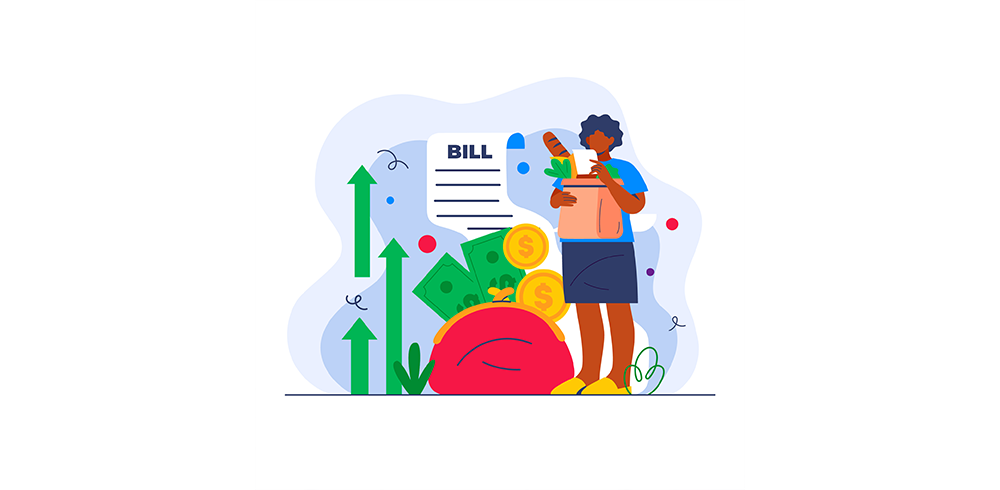
How They Affect Each Other
As mentioned, interest rate and inflation are linked. When inflation goes up, the RBI increases interest rates. When inflation is low, the RBI may reduce interest rates. Let’s understand the link between the two with the following examples:
Example 1 – High Inflation
Suppose the prices in the market are rising and the inflation is 7%, while the interest rate on your savings is just 6%. In this case, your money is losing value. So, to stop this, the RBI would increase the interest rate so that people spend less and save more. This eventually slows down inflation.
Example 2 – Low Inflation
Now, suppose the inflation is low. In this case, the RBI may do an interest rate reduction. This means loans would become cheaper and people would borrow more, buy more. This would eventually boost the economy.
Role of RBI in Controlling Inflation
The Reserve Bank of India (RBI) is responsible for controlling inflation. It uses the repo rate to do this. The repo rate is the rate at which the RBI lends money to banks. So, when inflation is high, the RBI increases the repo rate. And when inflation is low, the RBI may reduce the repo rate.
When the RBI changes the repo rate, banks also change their loan and deposit rates. This affects the current fixed rates and variable interest rates on loans and savings. With this, inflation remains steady and the economy stays strong.
Impact on Borrowers and Investors
BorrowersIf interest rates go up, EMIs on home loans, personal loans or car loans become costlier. With this, people may refrain from taking loans during that period.
If there is an interest rate reduction, loans would become cheaper. People would start taking more loans to buy things, cars, etc.
InvestorsIf you have fixed deposits or other savings, higher interest rates would give you better returns, and lower rates would give you less return.
Historical Trends in India
In the past, India has seen many changes in interest rates and inflation. Here are some examples:
- In early 2020, during the COVID-19 pandemic, the RBI cut the repo rate to 4% to support the weak economy.
- In 2013, due to high inflation, the RBI increased the interest rates to 8% to control it.
- During the 2008 global financial crisis, the RBI cut the repo rate to 5% to boost the economy.
Conclusion
Inflation and interest rates are both connected. So, ensure you understand their fundamentals to manage your finances better.
Now, if you are looking for a personal loan with quick approval and an easy process, CASHe offers instant personal loans of up to ₹3 lakh. You can apply using the CASHe app and get approved within minutes.
